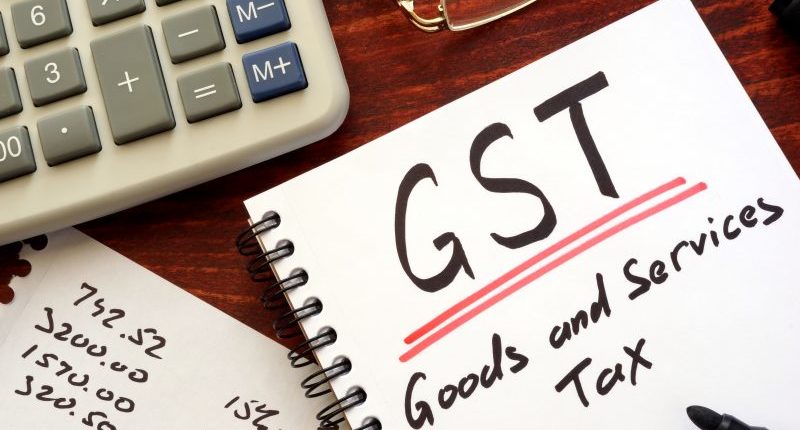The Delhi High Court has held that the officers must respond on the GST refund application within 15 days from the application date or else issue a refund along with interest for the delay.
In a recent judgement passed in Jian International vs Commissioner of Delhi GST, the Hon’ble High Court directed the officer to adhere to the timelines for issuing a deficiency memo on GST refund application dated 4th November 2019. A petition was filed by Jian International seeking the court to direct the officials to respond on GST refund application on time or to compensate with interest for the delay.
The division bench of Justices Sanjeev Narula and Manmohan issued the order on 22nd July 2020 on the writ petition number (C) 4205/2020. They ordered the respondent to clear the refund together with interest as per the GST law within two weeks.
Section 54(6) of Delhi GST Act along with Rule 91(2) stipulates a refund to the minimum extent of 90% of the claims must be issued on a zero-rated supply in seven days from date of acknowledging the refund application in form RFD-01.
Also Read: Exporters are Untraceable After Claiming GST Refund of Rs 1,875 Crore
However, in the given case, the officer had neither issued any acknowledgement in form RFD-02 nor a deficiency memo in form RFD-03, despite the expiry of fifteen days by 19th November 2019. The judges on the bench quoted that Rules 90 and 91 of the CGST Rules, lay down a complete code for acknowledgement, scrutiny and grant of GST refund. It outlines a strict time frame for completion of these activities.
Sub-rules (2) and (3) of Rule 90 mentions that the assessing officer must issue a deficiency memo or acknowledge the refund application within fifteen days from the application date. Once any deficiency memo is issued, a new application would be required from the refund applicant. On failure to issue either of the documents, the refund application is deemed to be complete in all aspects as per Rule 89 of the CGST Rules. At this point, the officer will no longer have the right to point out any deficiency. Further, for the delay in refund, interest must be paid as per Section 56 of the CGST Act.
The pronouncement is a great relief for taxpayers as the completion of the entire refund process happens in a time-bound manner. The authorities will be vigilant of their duties and cautious of their actions as well as laxity.
For any clarifications/feedback on the topic, please contact the writer at annapoorna.m@cleartax.in
Annapoorna, popularly known as Anna, is an aspiring Chartered Accountant with a flair for GST. She spends most of her day Singing hymns to the tune of jee-es-tee! Well, not most of her day, just now and then.





